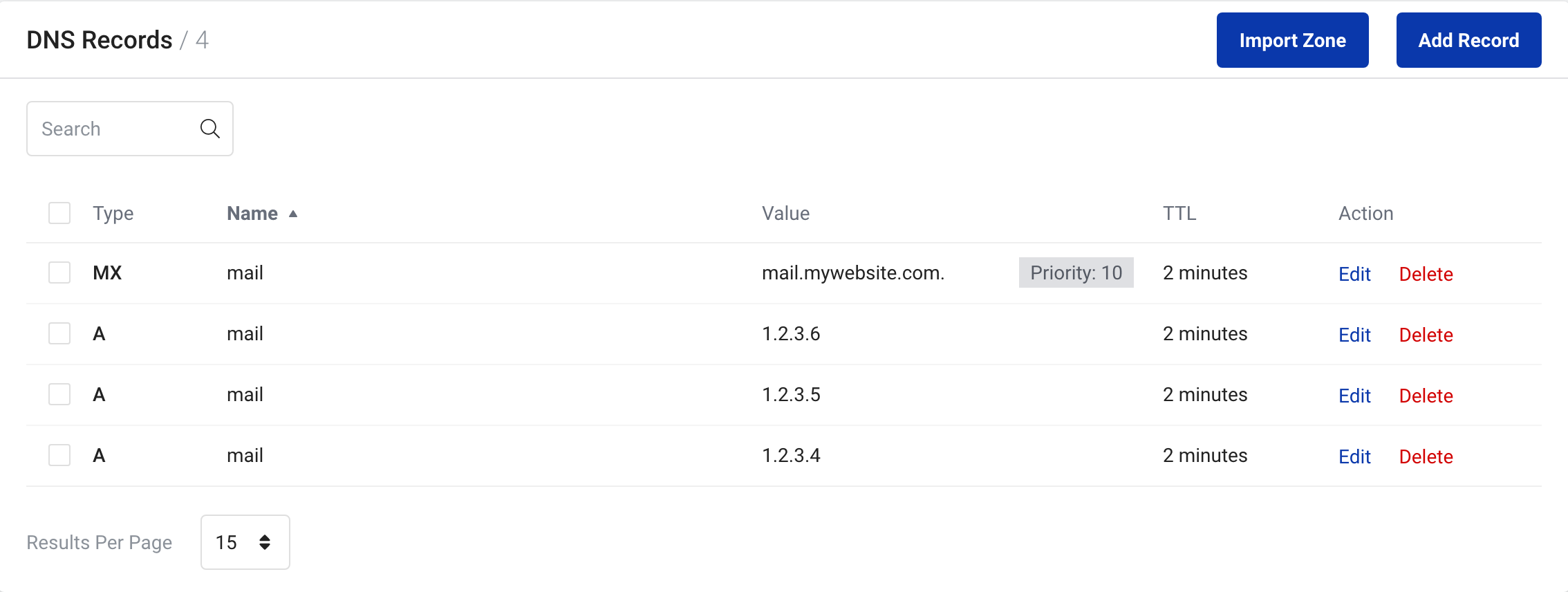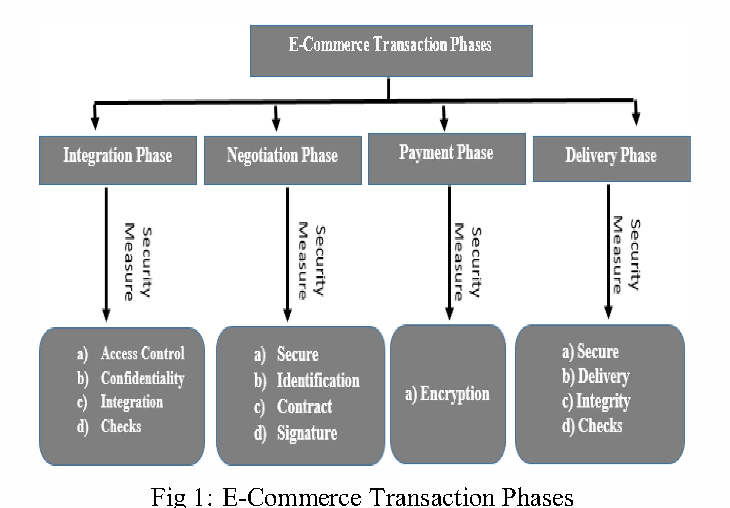
WooCommerce provides a fast, secure web platform that will help you build your eCommerce site. This is a fully-featured, powerful solution that helps your business grow and increases sales. It's important to select a host that is optimized for WooCommerce, and that offers services and features that are tailored to your needs.
Choose the right WooCommerce webhosting
When choosing a host, you need to consider factors like uptime (or the frequency of your site being online), security and bandwidth. Check to see if the hosting company supports SSL certificates. This helps customers verify your website's authenticity.
Uptime. The reliability of hosting your online shop is vital, since it will impact your company's reputation. If your hosting provider offers an uptime guarantee, you can be sure that your website will always be available.
CDN is a Content Delivery Network. It allows your static files to serve from different locations in the world. This reduces server load, and increases speed. CDNs also provide extra security features that can help you to defend against DDoS attacks.

Caching- A good web host should offer caching functionality to improve your WooCommerce site's loading speed. It is important to choose a web host that will not over-cache your dynamic pages.
Managed WooCommerce hosting - This is the best option for businesses with multiple websites that need a highly customizable solution. It provides a combination of performance and security. It also includes daily backups and a service for site migration.
Liquid Web - One of the most popular wordpress WooCommerce hosting providers, Liquid Web offers an excellent, scalable solution that's suited for any type of business. Cloud, VPS, dedicated and other hosting plans are available. These come with plugins and tools to help you manage your store.
DreamHost: Another option that is reputable for ecommerce, DreamHost provides a number of WooCommerce specific features. It's also easy to use. The company is known for its easy-to-use Control Panel and 24/7 Support.
Bluehost - The entry-level plan from Bluehost is ideal for most WooCommerce sites, but if you need more power and support, they have plans that scale up to handle big traffic volumes. The WP Power package costs $6.99/month and offers double email storage per mailbox and support for handling 50K visitors a month.

InMotion. If you're trying to squeeze the most out of your WooCommerce platform, InMotion is a great option. They're known for their high-performance VPS servers, which allow you to run even the most demanding websites.
GreenGeeks - If you're on the lookout for a green and eco-friendly WooCommerce hosting provider, GreenGeeks is a great choice. They are environmentally conscious and return three times as much energy they use to the grid. One Tree Planted helps them make an impact on the planet by planting a single tree for each account they host.
FAQ
Can I use a template or framework on my website?
Yes! When creating websites, many people use pre-built templates. These templates contain all the code that is required to display information.
These are some of the most requested templates:
WordPress - the most widely used CMS
Joomla - another popular open source CMS
Drupal – An enterprise-level solution used by large organizations
Expression Engine - Yahoo's proprietary CMS
There are hundreds of templates available for every platform. It should not be difficult to find the right one.
Which website builder should I use?
It is best to start small in order to establish a web presence. If you have the time and resources to build a full-blown site, then do so. A simple blog is a good option if you don’t yet have the necessary resources. You can always add features later as you learn how to design and develop websites.
However, before you create your first website you need to set up a primary URL. This will provide a point to which you can publish content.
What HTML and CSS are available to help me build my website?
Yes! If you've followed the steps, you should now be able create your website.
You now know how to build a website structure. Now you need to learn HTML and CSS coding.
HTML stands to represent HyperText Markup Language. Think of it like writing a recipe for a dish. It would include ingredients, instructions, as well as directions. HTML can also be used to inform a computer if certain parts of text should appear bold, underlined and italicized. It's the language for documents.
CSS stands as Cascading Stylesheets. You can think of CSS as a style sheet for recipes. Instead of listing every ingredient and instructions, you create general rules about font sizes, colors, spacing and other details.
HTML tells the browser how to format a web page; CSS tells it how to do it.
Don't worry if you don't know the meaning of either one of these terms. Follow the tutorials below, and you'll soon be making beautiful websites.
What Websites should I make?
This question is dependent on your goals. If you are looking to build a business from your website, it may be beneficial to focus on selling online products. To make this happen, you'll need a reliable eCommerce website.
Other popular types of websites include blogs, portfolios, and forums. Each one requires different skills and tools. For instance, if you want to set up a blog, you will need to learn about blogging platforms such as WordPress or Blogger.
You must decide how to personalize your site's appearance when choosing a platform. There are lots of free themes and templates available for each platform.
Once you have decided on a platform, you are able to start building your website by adding content. You can add images and videos to your pages.
It is now possible to publish your new website online. Once published, visitors can view your site in their browsers.
How much do web developers make?
You can expect to make between $60-$80 an hour working on your own website. If you are looking to make more money, it is worth considering becoming an independent contractor. An hourly rate of $150-200 could be possible.
Statistics
- It's estimated that chatbots could reduce this by 30%. Gone are the days when chatbots were mere gimmicks – now, they're becoming ever more essential to customer-facing services. (websitebuilderexpert.com)
- Studies show that 77% of satisfied customers will recommend your business or service to a friend after having a positive experience. (wix.com)
- It's estimated that in 2022, over 2.14 billion people will purchase goods and services online. (wix.com)
- Did you know videos can boost organic search traffic to your website by 157%? (wix.com)
- It enables you to sell your music directly on your website and keep 100% of the profits. (wix.com)
External Links
How To
What is website hosting?
Website hosting describes where visitors go when they visit a site. There are 2 types.
-
Shared Hosting - This is your cheapest option. Your website files will reside on a server belonging to someone else. Your customers' requests travel via the Internet to your server when they visit your site. The owner of the server then hands off the request to you.
-
Dedicated hosting is the most expensive option. Your website is located on only one server. Your traffic is private because no other websites have shared space on this server.
Most businesses choose shared hosting because it's less expensive than dedicated hosting. You can use shared hosting if the company owns the server to provide the resources required for your website.
Both options have their pros and cons. These are some of the major differences between them.
Shared Hosting Pros:
-
Lower Cost
-
Easy To Set Up
-
Frequent Updates
-
It is available on many Web Hosting Companies
Shared hosting is often as cheap as $10 per month. This price often includes bandwidth. Bandwidth describes the amount of data that can be transferred over the Internet. Even if you upload only photos to your blog you might still have to pay more for large amounts of data that you transfer through your account.
You'll soon realize why your old host cost so much once you get started. The majority of shared hosts offer limited customer support. Although they will help you set up your site occasionally, you are on your own once you have done that.
Look for a provider who offers 24/7 phone support. They'll take care of any issues that come up while you sleep.
Cons of dedicated hosting
-
More Expensive
-
Less Common
-
You will need to have special skills
You're getting everything you need with dedicated hosting to operate your website. You won't worry about how much bandwidth you are using or how much RAM (random Access Memory) you have.
This means you'll have to spend more upfront. However, once your business goes online, you'll discover that you don’t need as much technical support. You'll become an expert at managing your servers.
Which Is Better For My Business:
This depends on the kind of website that you want. If you only want to sell products, then shared hosting might be the best choice. It's very easy to setup and maintain. You'll probably receive frequent updates because you are sharing a server hosting many other sites.
However, dedicated hosting is the way to go if you want to build a community around your brand. It allows you to focus on building your brand and not worrying about managing your traffic.
If you're looking for a web host that offers both options, we recommend Bluehost.com. They offer unlimited monthly data transfers and 24/7 support. You can also register domain names for free.